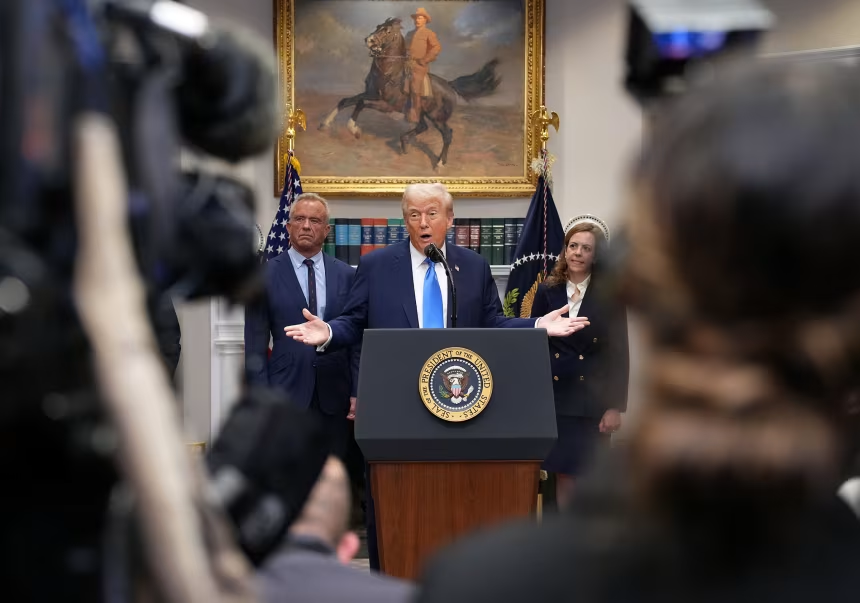During a recent appearance, former President Donald Trump claimed that Cuba has “virtually no autism” because the country lacks access to Tylenol. He suggested that limited use of the medicine could explain lower rates of autism compared to the United States.
Cuban doctors quickly pushed back against the statement. Medical experts explained that autism does exist in Cuba and that the nation has clinics, specialists, and programs dedicated to supporting autistic children and adults. Despite resource shortages, Cuban health authorities have worked to provide diagnostic services, therapy, and public education to reduce stigma.
Dr. Osmara Delgado Sánchez, a Cuban specialist, emphasized that the focus in Cuba is not on curing autism but on helping autistic individuals develop their capacities and fully participate in society. This approach, she said, reflects a commitment to inclusion even with limited funding.
Outside Cuba, experts noted that autism prevalence appears lower in some low and middle income countries due to underdiagnosis rather than absence of the condition. They also stressed that there is no scientific proof linking Tylenol use during pregnancy to autism, contrary to Trump’s suggestion.
The remarks have drawn criticism from medical professionals who warn that misinformation can spread quickly when voiced by public figures. For families and individuals living with autism, such statements risk reinforcing confusion and stigma at a time when advocacy groups stress the need for support, awareness, and accurate science.


